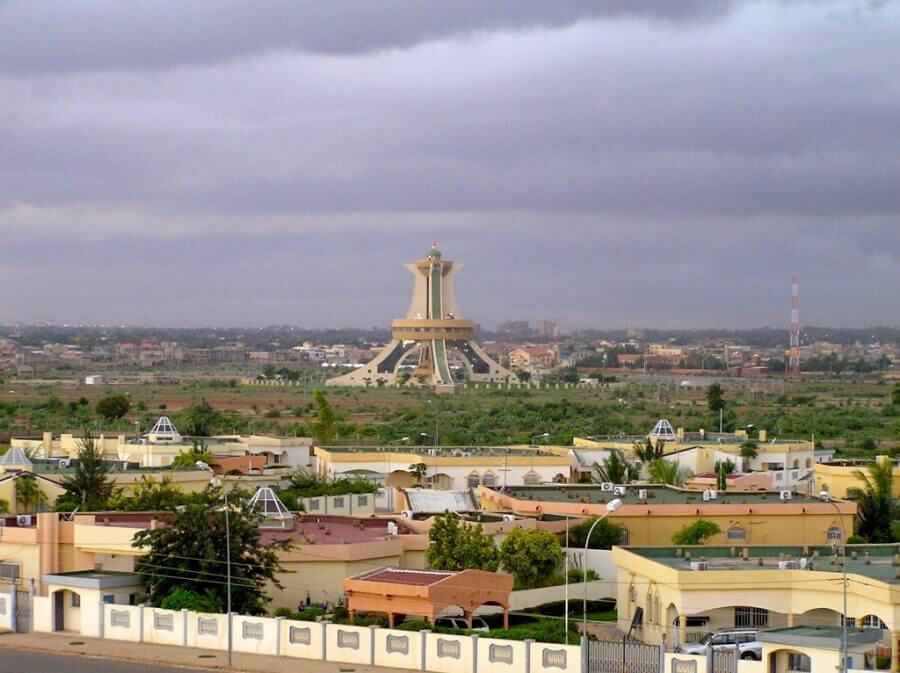In a message launching the campaign, Secretary-General António Guterres said that despite tremendous benefits of fruits and vegetables, “we do not consume enough of them.”
“Fruits and vegetables are the cornerstone of a healthy and varied diet. They provide the human body with an abundance of nutrients, strengthen immune systems and help lower risks for a number of diseases,” he said.
“As the COVID-19 pandemic continues to affect the health and livelihoods of people across the world, we must come together to ensure that nutritious food, including fruits and vegetables, reaches the most vulnerable, leaving no one behind,” the UN chief added.
Mr. Guterres also drew attention to the strong links between food systems and sustainable development. He called on all stakeholders to make food systems more inclusive, resilient and sustainable, including through adopting a more holistic approach to production and consumption that benefits human and environmental health.
“Let us use this International Year to rethink our relationship with how we produce and consume food, and to re-examine our food systems and commit to a healthier, more resilient and sustainable world where everyone can access and afford the diverse nutrition they need.”
Health benefits
Consuming sufficient, or even more than the recommended amounts, of fruit and vegetables has many health and nutrition benefits. Rich in fibres, vitamins and minerals, fruits and vegetables are crucial for growth and development of children, and help boost immune systems.
They are also linked to lower risk of depression and anxiety, obesity and non-communicable diseases; promote gut health; and counter micronutrient deficiencies.
According to the World Health Organization (WHO), people should eat a minimum of 400 grams of fruits and vegetables daily, as part of a healthy diet.
Not eating enough
However, due to a number of factors, such as availability, affordability, or lack of knowledge and awareness, many people around the world consume less than that amount.
Against this background, Qu Dongyu, Director-General of the UN Food and Agriculture Organization (FAO) described the International Year as “a unique opportunity to raise global awareness.”
Speaking at a virtual launch event, on Tuesday, Mr. Qu also highlighted the role of digital technologies in reducing waste, improving nutrition and market opportunities.
He outlined the challenges in improving production and agrifood chains, and called on countries to use the International Year to improve infrastructure, farming practices thereby supporting small scale farmers.
Alongside, the also emphasized the importance of fruits and vegetables as a good way for farmers to generate more income.
The International Year
The International Year of Fruits and Vegetables 2021 was proclaimed by the General Assembly in December 2019 to raise awareness on the important role of fruits and vegetables in human nutrition, food security and health, as well as in achieving Sustainable Development Goals (SDGs).
It will promote diversified, balanced, and healthy diets and lifestyles through fruits and vegetables consumption, reducing losses and waste in fruits and vegetables food systems, and share best practices.
The International Year complements several other key initiatives including the Decade of Action on Nutrition (2016-2025), the Decade of Family Farming (2019-2028), and the Global Strategy on Diet, Physical Activity and Health.














